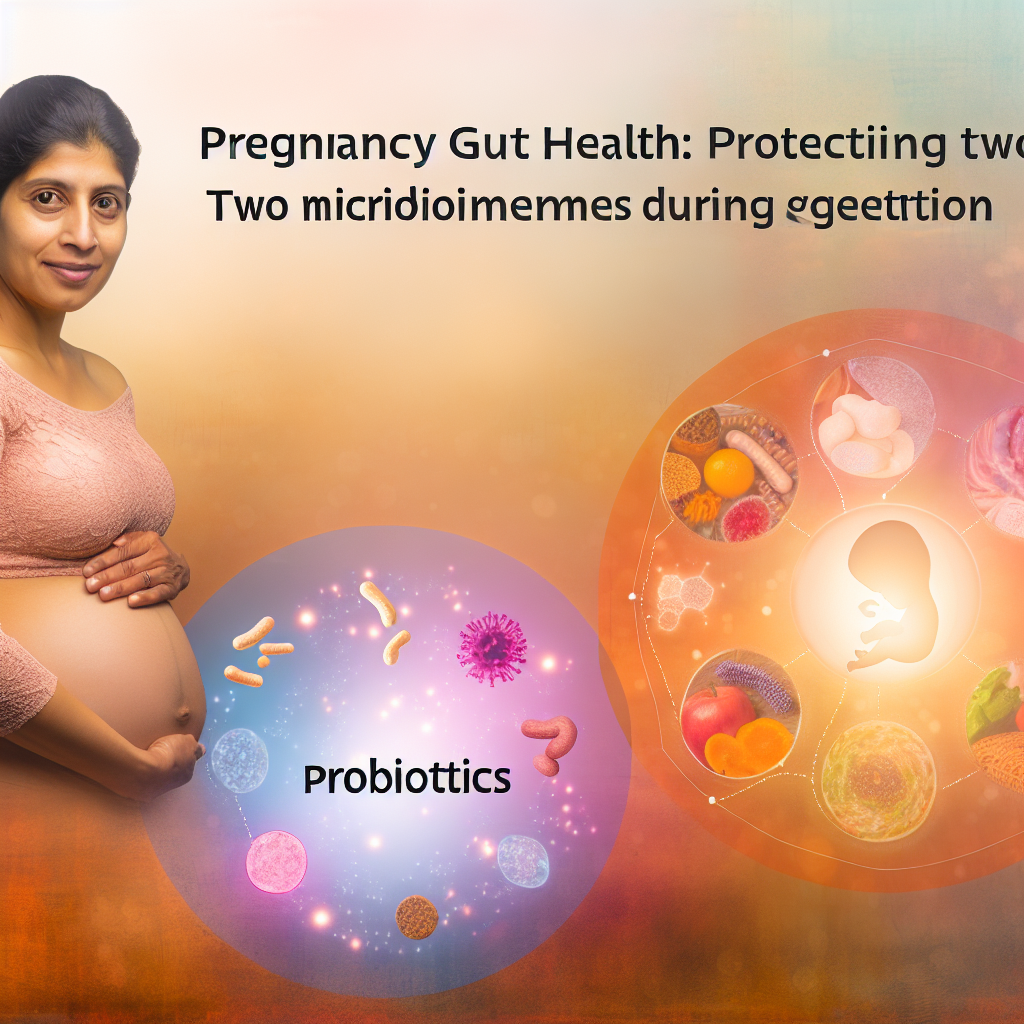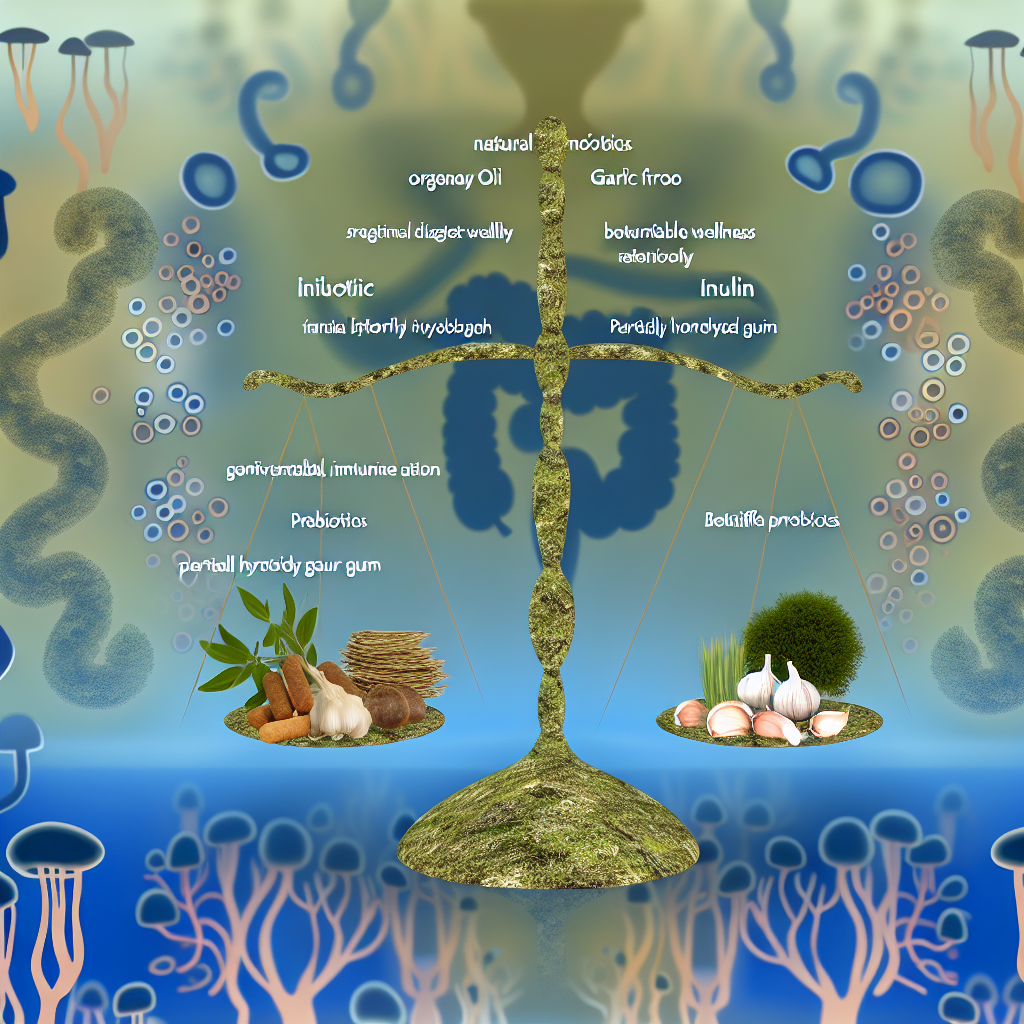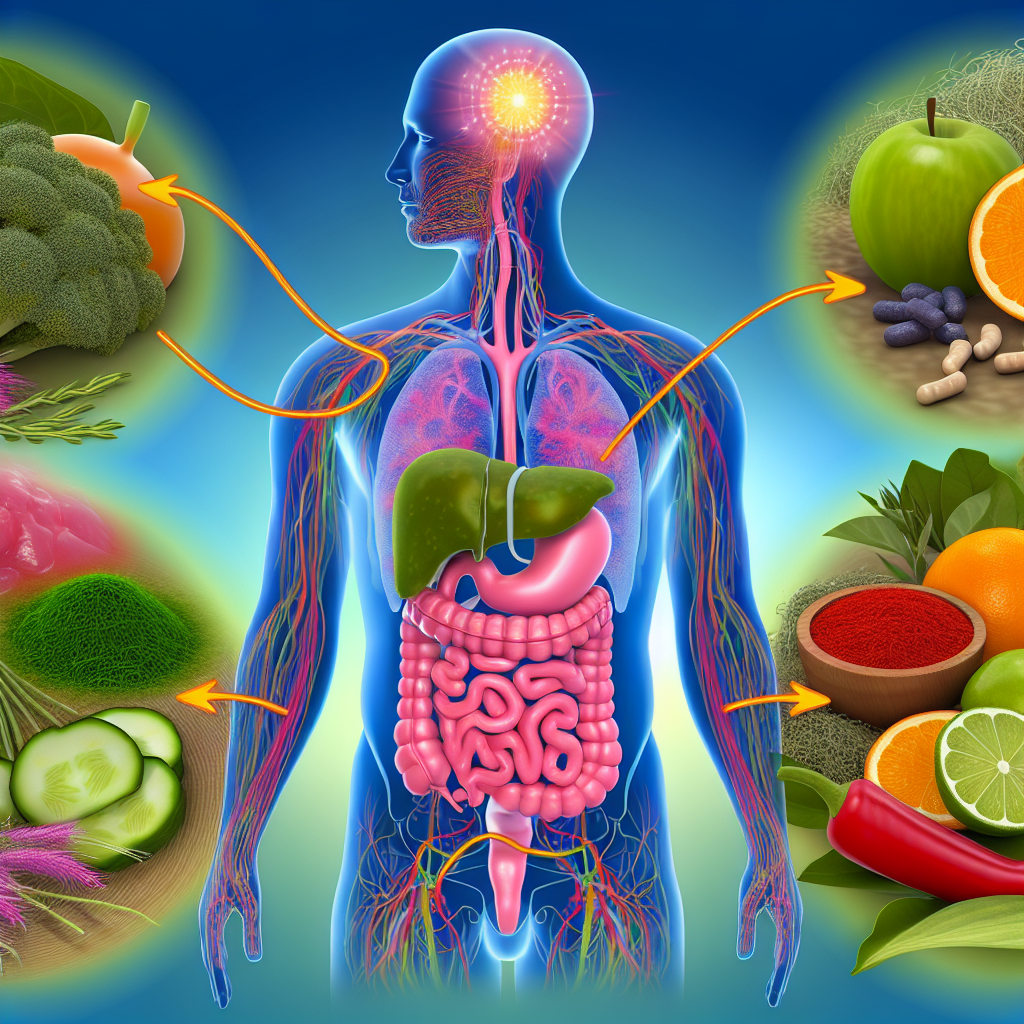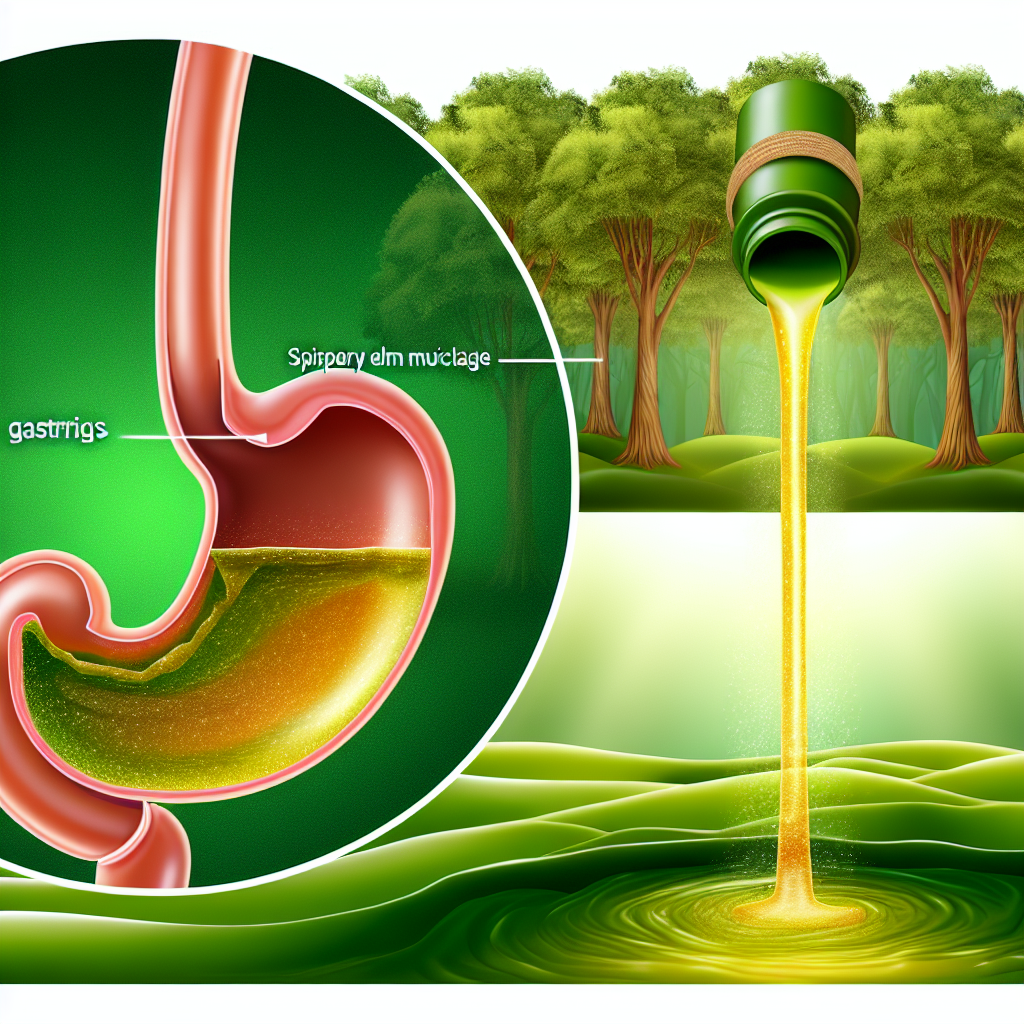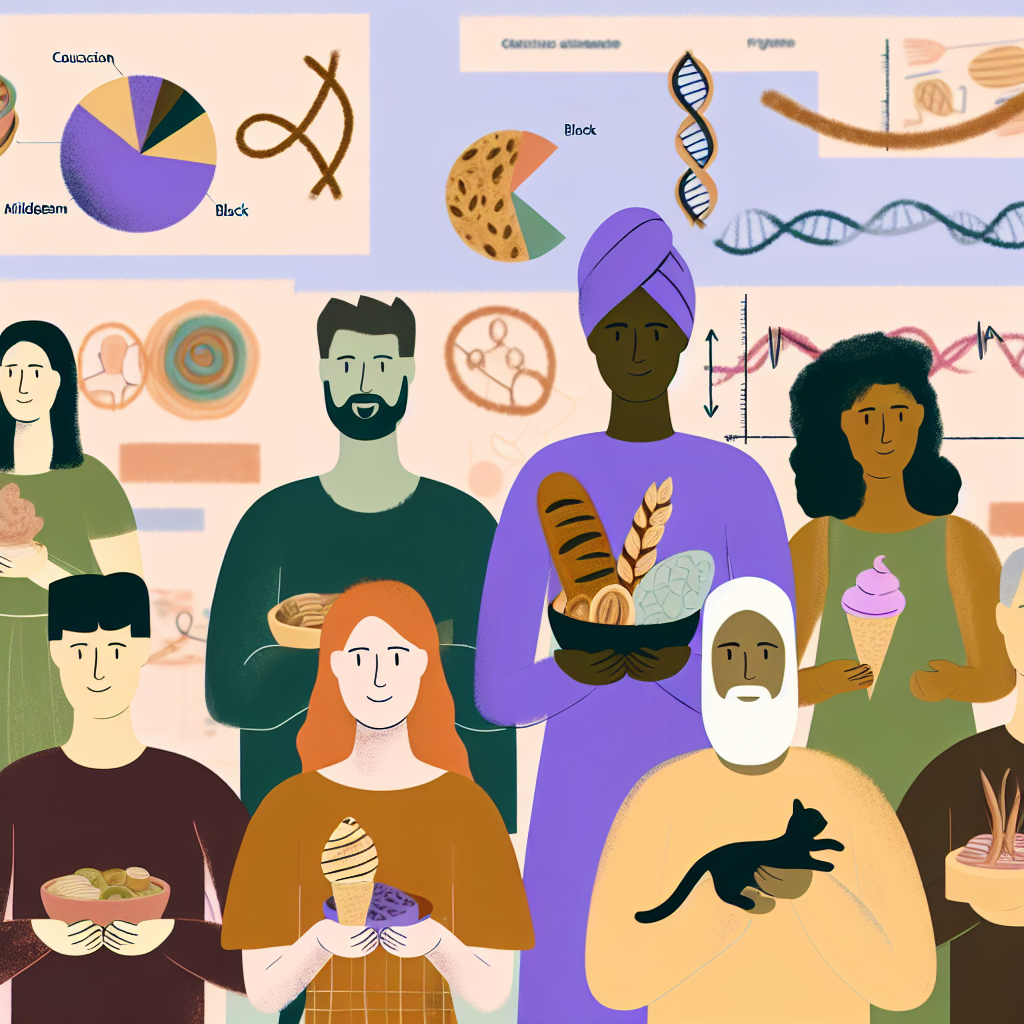Pregnancy Gut Health: Protecting Two Microbiomes During Gestation
The journey of pregnancy is a time of profound transformation—not just physically and emotionally but also biologically, particularly within the gut microbiome. As scientific understanding of the human microbiome expands, it has become increasingly evident that pregnancy health is deeply intertwined with gut health. Every expectant mother is tasked with nurturing not just her own wellness, but also that of a developing baby.
What many parents don’t realize is that each baby begins life with their first microbiome, largely formed by what’s happening in the womb and during birth.
Understanding the Gut Microbiome’s Transformation During Pregnancy
Emerging research underscores that the maternal gut microbiome undergoes distinct changes in each trimester. These changes are strategic—to support fetal development, optimize nutrient absorption, assist in hormonal regulation, and strengthen the immune system.
However, these natural shifts can be disrupted by modern lifestyle stressors like a poor diet, antibiotic usage, or toxic environmental exposures. Such disruptions have been linked to gestational diabetes, preeclampsia, and could even impact the infant’s gut diversity—affecting future health outcomes.
A healthy, well-balanced gut microbiome plays a critical role in pregnancy by:
– Enhancing nutrient bioavailability
– Supporting hormonal and metabolic balance
– Bolstering immune function
– Preparing the infant’s immune and digestive systems
Remarkably, the maternal microbiome contributes directly to the baby’s gut flora. This happens through vertical transmission during vaginal birth and later through breastfeeding. These microbes help build the infant’s immune foundation and shape long-term health.
Natural Solutions: Gut-Friendly Strategies for Expecting Mothers
Natural approaches to nurturing gut health in pregnancy are gaining traction for their safety and holistic benefits. Many women are turning to:
– Food-based probiotics and prebiotics
– Microbiome-friendly dietary choices
– Herbal remedies
– Stress mitigation techniques
Herbs like ginger, fennel, and chamomile work double duty by addressing pregnancy discomforts like nausea or bloating while also supporting gut flora balance.
When carefully selected and used under medical supervision, these natural tools can be powerful allies in maternal wellness—optimizing two microbiomes simultaneously.
What the Science Says: Gut Health’s Impact on Mom and Baby
Scientific literature continuously supports the maternal microbiome’s vital role in shaping prenatal health and neonatal outcomes.
A 2012 study published in Cell found that the maternal gut microbiome shifts significantly by trimester, with second and third trimesters resembling a metabolic state designed to support fetal growth. These microbial changes are not inherently negative—they’re adaptations for maternal energy needs and immune regulation.
A 2010 study in PNAS revealed how the mode of delivery affects a newborn’s first microbiome exposure. Babies born vaginally obtain healthy microbial communities from the mother, while C-section deliveries tend to offer a more disrupted microbial start. These differences correlate with increased risks for allergies, asthma, and autoimmune conditions later in life.
A 2021 analysis in Frontiers in Microbiology explained that maternal dysbiosis can impede fetal immune programming and tolerance. The result? Babies are more likely to develop eczema, obesity, or food allergies—conditions potentially linked to preventable factors like diet or excessive antibiotic exposure during pregnancy.
Fermented Foods, Herbs & Supplements: Natural Tools for Microbiome Support
Integrating natural remedies and food-based strategies can go a long way in optimizing maternal and fetal gut health.
Fermented foods such as kefir, sauerkraut, tempeh, and yogurt can safely improve gut biodiversity.
Probiotic supplements may be considered but should be approved by a medical provider or prenatal specialist.
Herbs like ginger are science-backed for their anti-nausea and digestion-friendly benefits. A 2014 meta-analysis confirmed ginger’s effectiveness for alleviating pregnancy-related nausea with minimal risk.
Additional herbal allies like chamomile and peppermint offer digestive relief, but their safety profiles must be reviewed with a healthcare practitioner since not all botanicals are pregnancy-safe.
Why Stress Management Is a Microbiome Strategy
The gut-brain axis plays a pivotal role in maternal microbiome health. Elevated cortisol and ongoing stress can disrupt gut integrity and microbial composition, impacting digestion and inflammation.
Incorporating stress-reduction techniques such as:
– Prenatal yoga
– Guided meditation
– Daily walks in nature
– Adequate sleep and hydration
…can all help optimize gut-brain health during this critical time.
A Biological Legacy: Strengthening Baby’s First Microbiome
The significance of maternal gut health extends far beyond pregnancy. A well-nourished and resilient gut microbiome sows the seeds for your baby’s immunity, metabolism, and emotional development.
Through vaginal birth and breastfeeding, babies inherit maternal microbes that shape their immune responses, resistance to allergies, and future disease risk. Mothers who invest in their own gut wellness during pregnancy are ultimately sculpting a healthier, stronger foundation for their child’s long-term well-being.
Final Thoughts: A Two-For-One Investment in Lifelong Health
Protecting and nurturing the maternal gut microbiome is more than an act of self-care—it’s a science-backed investment in the life and health of your baby. With every healthy gut decision you make—from your morning smoothie to your evening herbal tea—you’re shaping not just your pregnancy journey but also your child’s future.
By integrating natural, informed choices—like fermented foods, herbal remedies, and lifestyle adjustments—and working closely with a healthcare provider, you can ensure optimal gut health for both yourself and your growing baby.
Pregnancy isn’t just a waiting period—it’s a vital season to build robust, long-term wellness from the inside out.
Summary:
Maintaining a healthy gut microbiome during pregnancy is crucial for the well-being of both the mother and the developing baby. The maternal gut undergoes significant changes throughout the trimesters to support fetal growth, nutrient absorption, and immune function. However, these natural shifts can be disrupted by factors like poor diet, antibiotics, and stress, leading to potential issues like gestational diabetes and allergies in the infant. Natural strategies such as incorporating probiotic-rich foods, herbal remedies, and stress management techniques can help optimize maternal and fetal gut health, laying the foundation for the baby’s long-term health and immunity.

Dominic E. is a passionate filmmaker navigating the exciting intersection of art and science. By day, he delves into the complexities of the human body as a full-time medical writer, meticulously translating intricate medical concepts into accessible and engaging narratives. By night, he explores the boundless realm of cinematic storytelling, crafting narratives that evoke emotion and challenge perspectives.
Film Student and Full-time Medical Writer for ContentVendor.com
